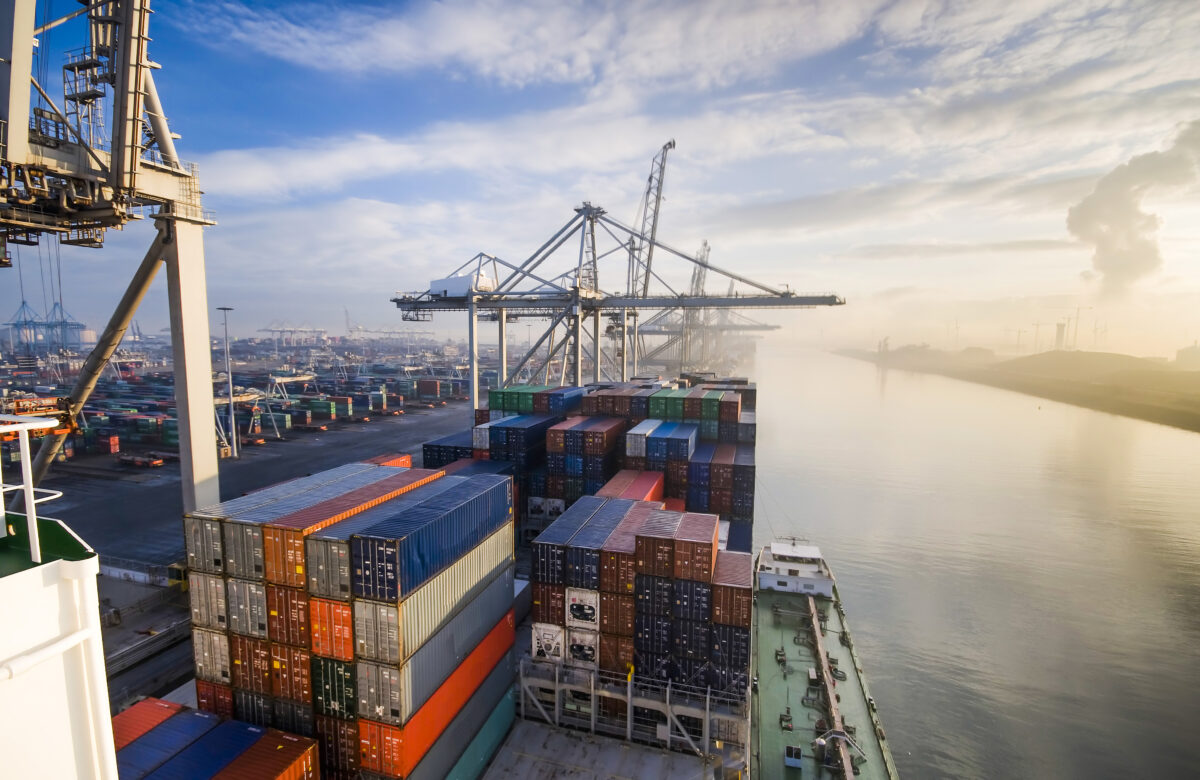Importing solar modules, what do you know?
- Make sure that the guaranteed origin of the solar modules is correct.
- Check the sales prices to ensure that the minimum import price (MIP) has been observed.
- Evaluate whether the seller is serious and has been working successfully with him for a long time.
- Check whether your contractual partner belongs to the exempt companies of the undertakings.
- Ensure that all documents necessary for exemption from anti-dumping duties on solar modules are available and formally valid.
- Avoid circumvention to avoid paying anti-dumping duties on solar modules.
Since 2013 there has been an anti-dumping duty on crystalline silicon photovoltaic modules and key components thereof. Companies are affected by these anti-dumping measures on solar modules in many constellations. There is often the threat of existential destruction of additional payments and criminal and fine proceedings.
We have been advising and supporting companies since the introduction of the anti-dumping duties on solar modules in 2013. if you have any questions on this topic, please contact us or call us on +49 40 369615-0Solar modules affected by the anti-dumping duty
The anti-dumping duty imposed applies in principle to all solar modules originating in China within the meaning of customs legislation. CN codes ex 3818 00 10 and ex 8541 40 90 are particularly affected.
In the meantime, the anti-dumping duty on solar modules has also been extended to Solar glass expanded. Here, too, there are numerous problems, especially for companies in the furniture industry that import glass with the same technical properties, but which cannot be used for solar modules. Here too, customs is currently levying anti-dumping duties.
Exemption from anti-dumping duties
After the press had already mentioned a trade war between the EU and China, the Commission has given in and now amended the regulation. Goods offered by Chinese companies have been exempt from anti-dumping duties for some time. Solar modules originating in China are therefore not entirely exempt. Only if they come from companies listed in particular in the Annex to Decision 2013/423/EU (OJ L 209, 3.8.2013, p. 26), will no anti-dumping duty be imposed.
In addition, numerous other formalities must be observed. In the event of an infringement, the release for free circulation gives rise to a customs debt.
- The goods must have been manufactured, dispatched and invoiced by the company listed in the Annex,
- A commitment invoice must be presented which must comply with a commercial invoice and the requirements set out in Annex II to the decision
- An export commitment certificate in accordance with Annex III must be submitted,
- The customs declaration and the undertaking invoice must correspond.
Ultimately, the importer thus bears a not inconsiderable[bold] risk[/bold] that the exporter of solar modules in China has complied with its obligations. The Commission can also revoke the company’s privileges so that the tariff advantages are eliminated, which is particularly likely in the event of unreliability on the part of the exporting company.
Importers of Chinese solar modules should therefore adjust their supply contracts in particular against this background.
Submission of documents for dumping exemption
In the past, there have also been repeated problems with companies that had submitted their documents incorrectly, too late or not at all in order to obtain the anti-dumping exemption or company-specific duty rates. Practice shows that customs often fail to recognise these cases. You can read more information about this problem here.
Anti-dumping duties evasion
In our daily consulting practice we also see numerous companies trying to circumvent the anti-dumping duties. According to the latest press reports, the customs investigation is currently investigating numerous German companies that are alleged to have participated in or initiated such circumventions. The solar modules were then shipped via third countries. Such investigations are to be taken very seriously, as not only the personal liability of the managing directors is involved, but also the threat of criminal law consequences with long prison sentences.
In some cases, however, innocent companies also come into the focus of the Customs Criminal Investigation Offices by suspecting concealment tactics. Here the anti-dumping duty on the solar modules is often subsequently imposed or a security is required. This particularly affects the entire Asian region.
Extension of anti-dumping duties
On 5 December 2015, the EU Commission also announced that an expiry review of the countervailing and anti-dumping duties on solar products was initiated. In itself, the measures would now have expired. However, according to the Commission, there is an urgent suspicion that renewed dumping will occur if punitive tariffs are lifted. At the same time, however, a review has been launched to decide whether it still seems necessary to impose anti-dumping and countervailing duties on photovoltaic cells.
If you have any questions about anti-dumping on solar modules, please contact us directly. We will be happy to assist you.
Dieser Artikel wurde am 16. August 2018 erstellt. Er wurde am 15. July 2020 aktualisiert. Die fachliche Zweitprüfung hat Rechtsanwalt Dr. Tristan Wegner durchgeführt.

